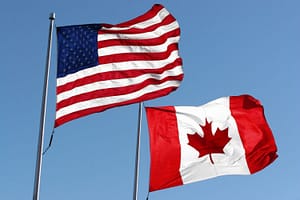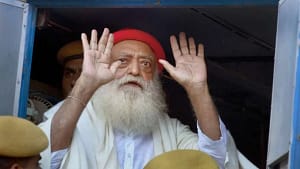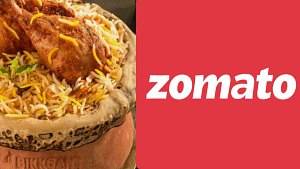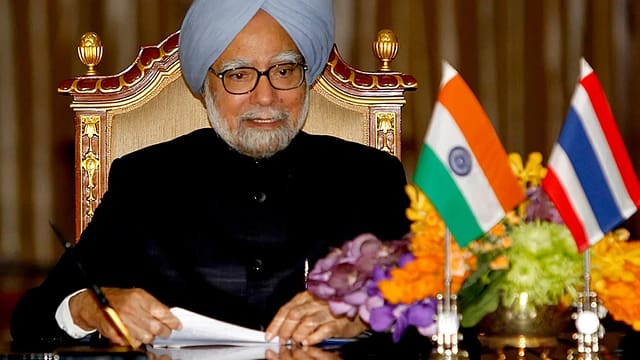In a charged parliamentary session on Thursday, Congress President Mallikarjun Kharge launched scathing allegations against Vice President and Rajya Sabha Chairman Jagdeep Dhankhar, accusing him of persistently suppressing the opposition’s voice in the Upper House. The session witnessed intense exchanges between the ruling Bharatiya Janata Party (BJP) and opposition leaders, highlighting deep-seated tensions in the legislative proceedings.
Kharge’s Allegations Against Dhankhar
As the Leader of Opposition in Rajya Sabha, Kharge accused Dhankhar of:
- Heckling Opposition Members: Kharge claimed Dhankhar routinely disrupts opposition speakers through unwarranted insistence on document authentication.
- Bias in Expunging Remarks: He alleged Dhankhar arbitrarily expunges critical portions of opposition speeches, undermining their freedom of expression.
- Echoing BJP Rhetoric: Kharge argued that Dhankhar often criticizes opposition leaders outside Parliament, aligning his views with the ruling party’s stance.
“Muzzling the opposition’s right to speak has become the norm under his leadership,” Kharge said, emphasizing the need for neutrality in the Chair.
BJP Hits Back with George Soros Allegations
The BJP, in turn, connected Congress to US billionaire investor George Soros, a frequent critic of Prime Minister Narendra Modi. BJP President JP Nadda stirred controversy by questioning Congress’s links to Soros, saying, “What is the relationship between Sonia Gandhi and George Soros? The country wants to know.”
This statement escalated tensions, with Congress MPs accusing Dhankhar of enabling “reckless allegations” instead of maintaining decorum in the House.
Rijiju Sparks Further Controversy
Adding to the turmoil, Parliamentary Affairs Minister Kiren Rijiju faced backlash for his remarks targeting opposition members. Responding to criticisms of Dhankhar, Rijiju remarked, “If you cannot respect the Chair, you have no right to be a member of this House.”
In response, Trinamool Congress (TMC) MP Sagarika Ghose filed a privilege motion against Rijiju, accusing him of derogatory comments. She asserted that such remarks further deteriorate the sanctity of parliamentary debates.
Opposition’s Stance on Democracy and Governance
Kharge passionately addressed the role of parliamentary balance, saying, “Democracy runs on two wheels—one is the opposition, and the other is the ruling party. The Chair must act as an impartial umpire. One-sided decisions are a setback for democracy.”
The Broader Implications
The ongoing clash underscores the growing discord between India’s ruling party and the opposition. Allegations of bias, recklessness, and suppression of dissent not only disrupt legislative functions but also raise concerns about the democratic ethos in parliamentary proceedings.
As the session unfolds, all eyes are on how these debates shape the dynamics between the Chair, the ruling party, and the opposition, impacting legislative productivity and democratic practices in the Upper House.
This news report is curated with insights from multiple reliable news sources.



















